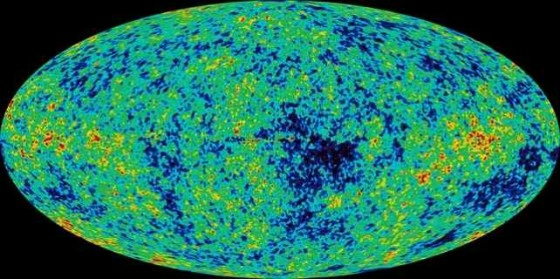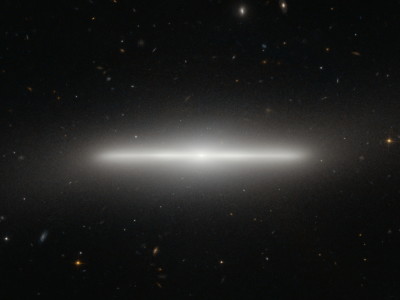10 most important discoveries in the history of astronomy

BySweetie 187
From the viewpoint of astronomy, it can be said that it is one of the extremely old academic studies where stars are being observed far from BC. Even in human history,"Copernic Turnover"As the word suggests, its development has greatly changed the perception of the whole human race, but this time I post 10 is the most important discovery among them.
Top 10 Most Important Discoveries in Astronomy | Top 10 Lists | TopTenz.net
◆ Celestial travel

Regarding the operation of celestial bodies, it was discovered in ancient Babylonian, Egyptian, Greek, Indian, Chinese, Maya, Persian, and many of its accomplishments contributed to the formation of the foundation of modern astronomy.
◆ Solar system centering on the sun

Since ancient times astronomers did not consider the sun as a focus, and in 1547 Copernicus presented mathematically the validity of that model for the first time. The Copernicus model takes a long time to be accepted in general, but this has enabled mankind to throw away the old model, the Earth is the center of the universe.
◆Kepler's law

"Kepler's Law" is the law concerning planetary motion discovered by Johannes Kepler in 1619. According to this rule Kepler estimates the movement of Mars against the sun and advocates that its orbit will be an elliptical orbital rather than a true circle as believed at the time. With this rule the observation of the planet in astronomy has become much more accurate.
◆Jupiter's satellite

In 1610, the first four were discovered by observing Jupiter by Galileo's own telescope. This discovery overturned the idea that the Earth is special from having a moon, and made a great contribution to the proof of the theory of motion. There are currently 65 satellites on Jupiter.
◆Herschel's Celestial Mapping

Frederick William Herschel was a German-born musician, but since he discovered Uranus he began to concentrate on activities as an astronomer. Herschel is known for producing more than 400 telescopes in his lifetime, but at the same time it mapped the nebula and made the structure and size of the Milky Way almost unambiguous. With this, even the solar system was found to be not the center of the universe, further prospects for the universe were opened.
◆Relativity theory

Einstein presented the possibility that by the theory of relativity objects with huge masses like stars can bend light. Relativity theory is based on various astronomical problems that could not be clarified by Newtonian mechanics that was the basis of the astronomy until then, by introducing a new thinking method that the concept of time depends on speed I gave a way to solve it.
◆Expansion of the universe

Regarding the fact that "the universe is expanding", it is evident by Edwin Hubble observing the retreat rate of the distant galaxy in 1929 and discovering that the distant galaxies are far away from the earth at the greater rate . This helps to know the true size of the universe and at the same time reinforces the concept of the birth of the universe by the Big Bang.
◆Radio astronomy

Radio astronomy is a field of astronomy that observes celestial bodies by receiving radio waves radiated by celestial bodies with a radio telescope. In 1931, research by this field began as Carl Jansky, a radio engineer at Bell Laboratories, captured celestial radio waves during the observation of the airborne phenomenon. Thus, behind the dark nebula that can not be observed with visible light,quasarYaPulsarIt became possible to observe.
◆Cosmic microwave background radiation (CMBR)

CMBR is a microwave that is almost isotropically observed from all directions on the celestial sphere, and in 1964 Arno Penzias and Robert W. Wilson of the Bell Telephone Laboratories of the United States reduce antenna noise It was discovered by chance during the study. CMBR has been pointed out by the Big Bang theory before discovering by the two people, this discovery contributes to the fact that the stationary cosmology theory loses its theoretical basis and the big bang theory becomes the most influential model concerning the birth of the universe Did.
◆Extrasolar planet

The extrasolar planet was literally a planet outside the solar system, and it was not discovered for long due to the limit of the observation ability. Since the first discovery of three planets surrounding the pulsar called PSR B 1257 + 12 by Polish astronomer Alexander Walshchan in 1993, 573 planets have been discovered by 2011. In the future, it is expected that more planets will be discovered by improving observation accuracy and accumulating observation data.
Related Posts:
in Science, Posted by darkhorse_log







